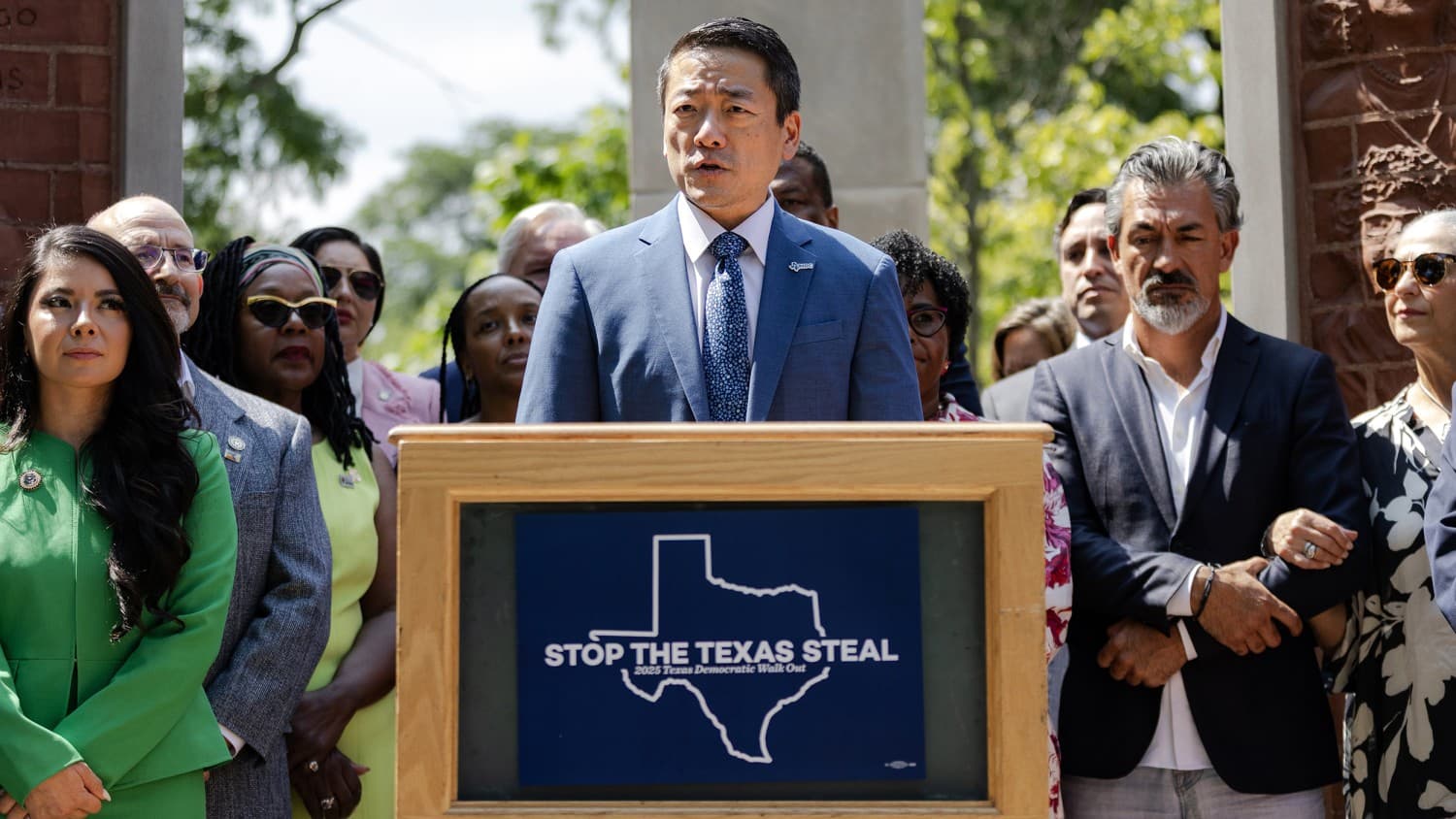Illinois Judge Blocks Texas Bid to Enforce Arrest Warrants Against Fleeing Democrats

CHICAGO – An Illinois judge has ruled against Texas Attorney General Ken Paxton’s request to enforce civil arrest warrants for Texas House Democrats who left the state to prevent a vote on a new congressional map. The ruling, issued by Judge Scott Larson of the Eighth Circuit Court of Illinois, stated that the court lacked subject matter jurisdiction to compel the return of the lawmakers. This decision marks a significant setback for Texas Republican efforts to force the Democrats back to Austin.
The Democratic lawmakers initiated their walkout to deny the Texas House the quorum necessary to pass a Republican-backed redistricting map. This proposed map, reportedly influenced by former President Donald Trump, aims to create up to five additional Republican-leaning congressional seats, potentially solidifying the GOP's slim majority in the U.S. House ahead of the 2026 midterm elections. The move echoes a similar quorum break by Texas Democrats in 2021, which aimed to block restrictive voting legislation.
In response to the walkout, Texas Governor Greg Abbott and Attorney General Ken Paxton launched aggressive measures. These included issuing civil arrest warrants for the absent Democrats, threatening daily fines of $500, and initiating legal proceedings to remove them from office for abandoning their duties. Paxton specifically sought to have courts in states where Democrats had taken refuge, such as Illinois, enforce these Texas-issued warrants.
Judge Larson's ruling highlighted that the Texas civil arrest warrants are geographically limited to within Texas state lines. He further clarified that Illinois courts do not possess the inherent power to direct Illinois law enforcement to execute such warrants on non-residents temporarily located in the state. This legal challenge underscores the complexities of interstate jurisdiction in political disputes.
The Illinois court's decision provides a temporary reprieve for the Texas Democrats, who have maintained their stance that denying a quorum is a legitimate tactic to protect their constituents from what they view as an unfair power grab. While the Illinois attempt to enforce arrests failed, Texas Republicans, including Governor Abbott, have vowed to continue calling special sessions until the redistricting legislation is passed. The Texas Supreme Court has also been asked to rule on the removal of some lawmakers from office, with a decision not expected immediately.
This ongoing political and legal standoff highlights the intense partisan battles over redistricting and electoral power in the United States. The outcome of these disputes in Texas and other states could significantly shape the national political landscape in upcoming elections.